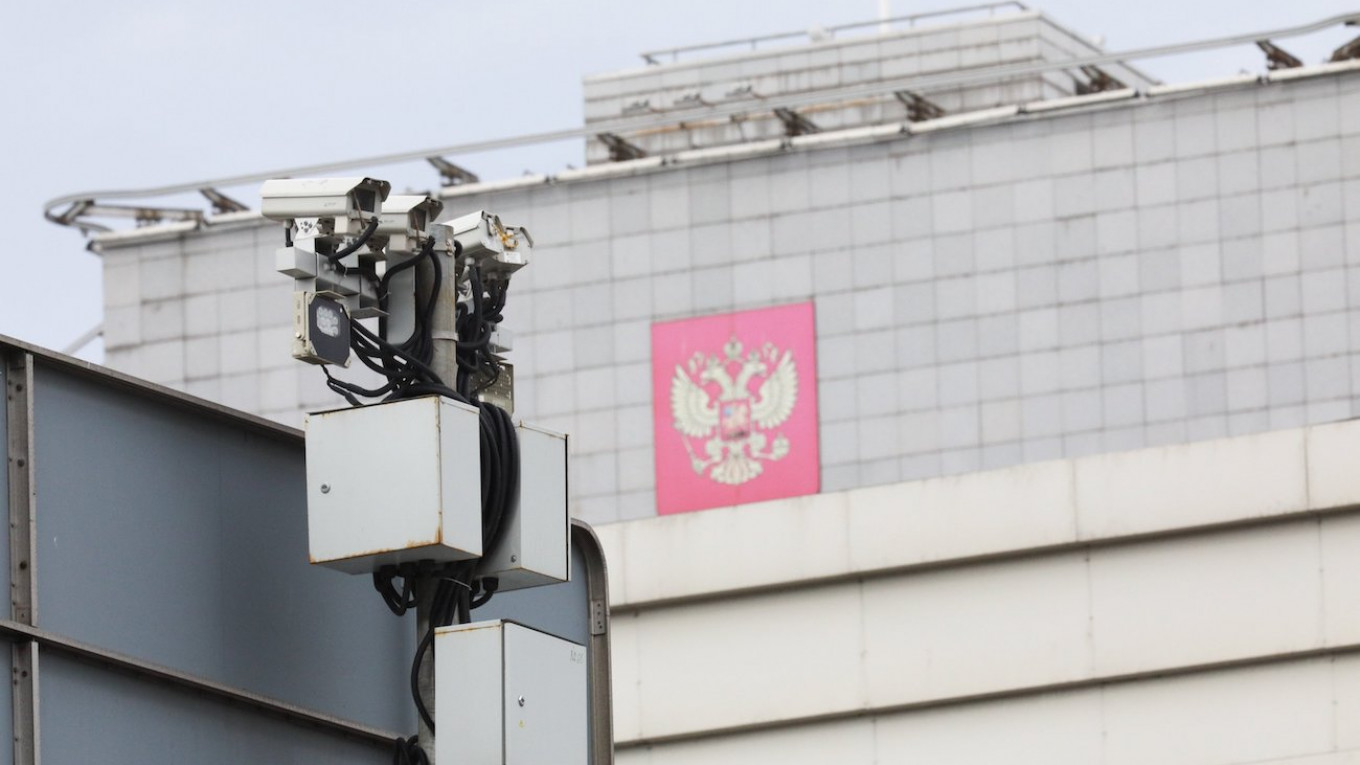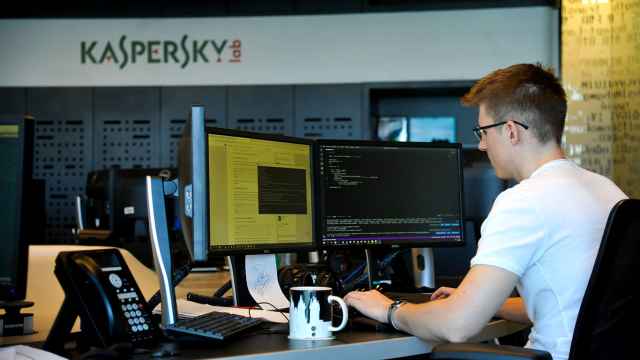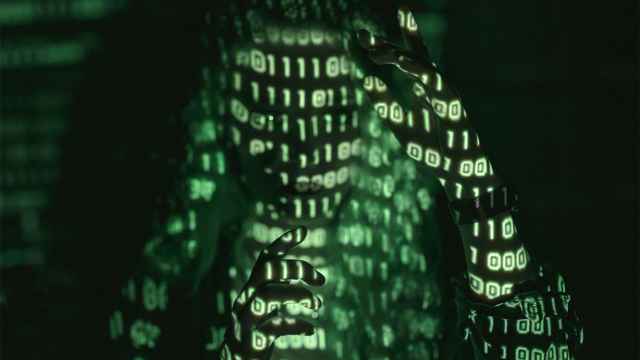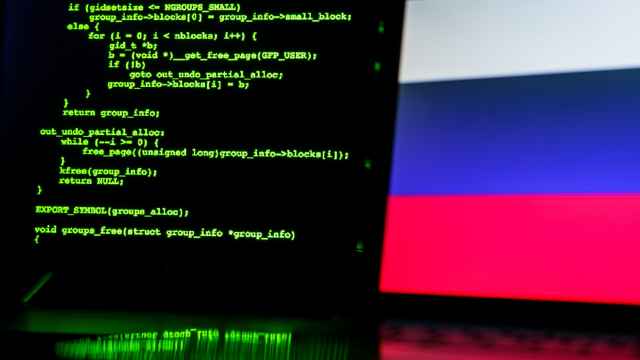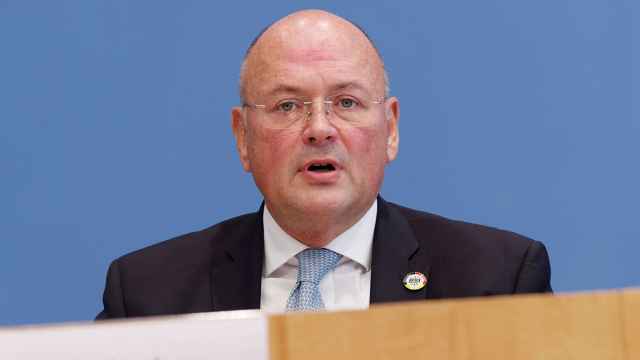Over 6,300 surveillance cameras in Russia are not secure, making them vulnerable to cybercriminals, experts told the Kommersant business daily Friday.
Dark web users can easily access footage and private data from the CCTV cameras installed at places like industrial plants, businesses and smart home systems as they have public IP addresses, Kommersant cited experts from the Avast cybersecurity software company as saying.
“Most of these cameras’ systems can be accessed without a username and password, or the password is the default setting,” Avast told Kommersant.
Businesses and government agencies can also access footage from the cameras and use it to track individuals by geolocation, Eduard Kostyrev, executive director of Faceter Russia, told Kommersant.
Russia has the world’s fifth-highest number of CCTV cameras with open IP addresses, according to a ranking by the internet of things search engine Shodan.io.
Overall, the country has one of the most widespread surveillance networks, ranking third in the world for its number of CCTV cameras, analysts at the Telecom Daily estimated late last year. There are almost 100 cameras per 1,000 people, with over 170,000 cameras installed in Moscow alone.
Moscow’s video surveillance budget has been increasing every year, with the 2021 budget exceeding 70 billion rubles ($961,000). The city is also prioritizing controversial facial recognition technology, with plans to install contactless fare payment using the technology at all metro stations by the end of the year.
According to The Village news website, several people who took part in recent mass protests in support of jailed opposition figure Alexei Navalny were detained at metro stations after being recognized by Moscow’s facial recognition cameras.
A Message from The Moscow Times:
Dear readers,
We are facing unprecedented challenges. Russia's Prosecutor General's Office has designated The Moscow Times as an "undesirable" organization, criminalizing our work and putting our staff at risk of prosecution. This follows our earlier unjust labeling as a "foreign agent."
These actions are direct attempts to silence independent journalism in Russia. The authorities claim our work "discredits the decisions of the Russian leadership." We see things differently: we strive to provide accurate, unbiased reporting on Russia.
We, the journalists of The Moscow Times, refuse to be silenced. But to continue our work, we need your help.
Your support, no matter how small, makes a world of difference. If you can, please support us monthly starting from just $2. It's quick to set up, and every contribution makes a significant impact.
By supporting The Moscow Times, you're defending open, independent journalism in the face of repression. Thank you for standing with us.
Remind me later.


